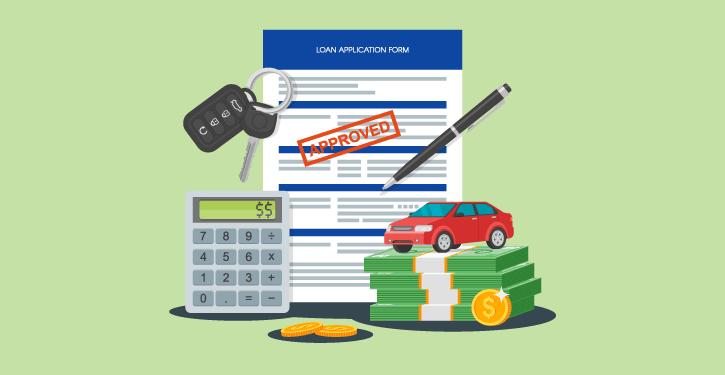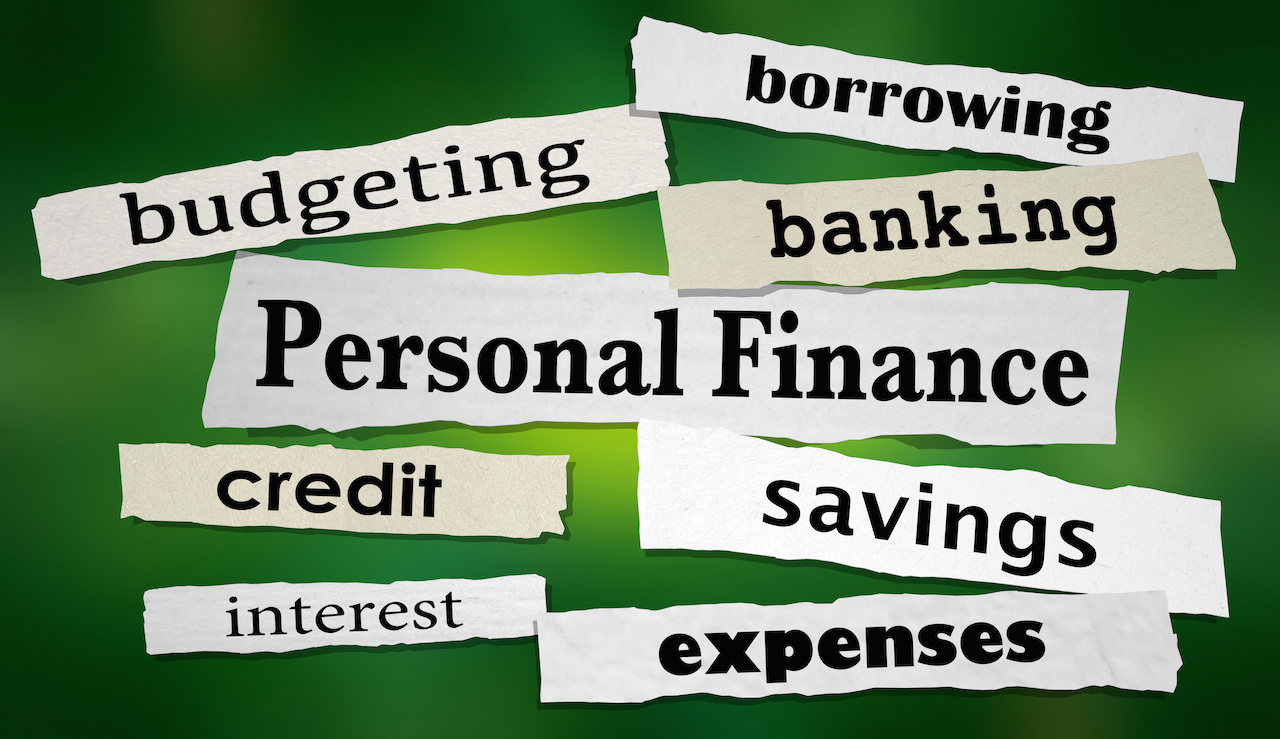When your credit is less than stellar, you might have difficulty obtaining credit, whether it be a car loan, a personal loan, a credit card or even utility service or an apartment.
Many times the creditor will be happy to move forward with your application so long as you get a cosigner.
In this guide we’ll answer the top 5 questions about cosigners that our readers ask.
Key Points
- Cosigners take financial risk for your financial responsibilities.
- Borrowers with cosigners take financial risks under certain circumstances.
- You can’t truly achieve financial independence as long as you need a cosigner, so do the legwork to get your credit and finances in better shape and qualify on your own.
1. Cosigner Definition
A cosigner is someone who is considered creditworthy, and who agrees to take financial responsibility if the primary borrower (you) doesn’t.
The cosigner is the lender’s backup plan.
When the bank or service provider or landlord wants a cosigner, they are asking you to find someone willing to say that he or she will pay up if you don’t.
2. Should I Get a Cosigner?
Before you go asking someone to be a cosigner, really think.
Is this credit necessary?
Asking someone to cosign is not a small favor.
You are asking her to be on the hook if you fall through financially.
[Need a credit card with a cosigner? Try a secured card instead.]
If the credit is necessary, could it wait a few months?
You can do a lot to improve your creditworthiness in a few months.
If you can get the credit without a cosigner you don’t have to put anyone in the awkward and risky position of having to take responsibility for your debts.
[Tip: You don’t need a cosigner for most federal student loans.]
If the credit is both necessary and immediate, can you afford the payments?
Make sure you can afford to repay the loan on your own so that your cosigner will not have to pay back the creditor.
3. Is the Cosigner Responsible for Repayment?
Even if you find a cosigner, you are still responsible for the loan and all of the payments; it is up to you to pay off the loan as agreed.
The cosigner is the lender’s backup, in case you fail to make a payment. Because your cosigner’s financial wagon is hitched to yours, you could be screwing up that person’s credit and finances if you fall behind.
When you ask your friend or family member to cosign a loan for you, you are asking them to stand up and say that you are financially responsible and they trust that you’ll pay back the loan.
Your cosigner is ultimately responsible to repay the debt if you fail to do so.
When your cosigner offers to be the backup, what he is saying is he believes you will, and that you are trustworthy.
When someone does that for you do you really want to leave him holding the bag?
Make your payments in full and on time. If you are struggling, talk to your cosigner. Let that person know about the situation before you miss a payment or put them in financial jeopardy.
Your cosigner might not be notified by the creditor if you fail to make payments, so don’t set him up for a nasty surprise.
If you default on the obligation, you are not only messing up your own credit but also damaging the credit of your very kind cosigner.
4. How to Release a Cosigner
You can release your cosigner through your lender using a cosigner release. You can also refinance the debt on your own.
A cosigner release from your lender
You will need to contact your creditor and ask for a cosigner release to find out the requirements.
Your lender, landlord or utility provider may only require a certain number of on-time payments, or it may require a satisfactory credit history and demonstrated ability to assume full responsibility for repayment of the loan.
Be sure to follow up and keep copies of all the paperwork and application for your records.
Releasing a cosigner through refinancing
Refinancing a loan is probably the easiest way to release a cosigner on a car loan or cosigner on a personal loan. However, it requires that you have a credit score high enough to qualify on your own.
If you have made on-time payments for six to twelve months, and you can document sufficient income, you may be able to refinance a loan without a cosigner.
5. Why You Should Try to Avoid Getting a Cosigner
Not only are cosigners at risk if you fail to pay back the loan, but there are risks to borrowers as well.
For example, for if you have a cosigner for a private student loan and that cosigner dies, your entire loan may become due in full. At that point, your best options are to try to work with the lender to either get a cosigner release or find a new cosigner.
If the lender chooses not to work with you, you may risk defaulting on the loan.
Summary and Conclusion
While a cosigner can certainly make getting credit easier, avoid having one if possible. If you absolutely have to get a cosigner, try to get that person’s obligation released as soon as possible. Note that not all lenders, credit card issuers, allow cosigners so be sure to inquire as to their policy around cosigners before you move forward.
You will not be truly financially independent as long as you have to rely on a cosigner.
Use your free Credit Sesame membership to find out how to improve your credit and qualify on your own.




















